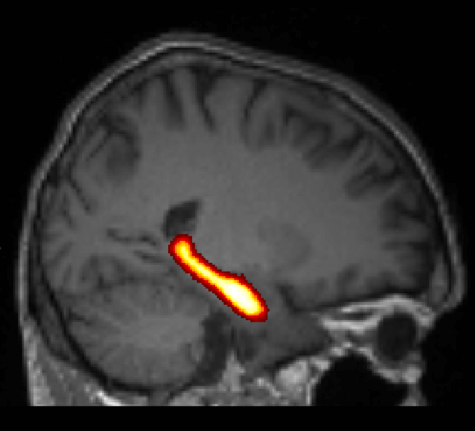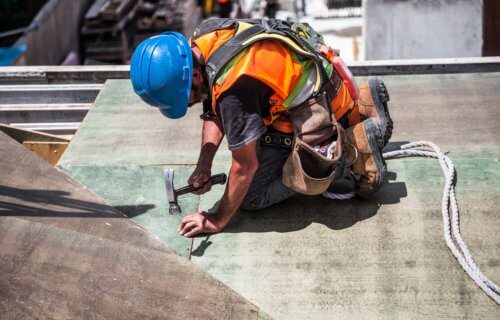FORT COLLINS, Colo. — Is your job burning you out? People with physically demanding careers know how taxing an eight-hour day can be on their bodies. Now, a new study warns it may be doing even more damage to their minds. Researchers find people with high levels of physical stress at work perform worse on memory tests later in life. Their brain scans also show reduced activity in the hippocampus, the area responsible for memory.

The study led by Colorado State University examines brain-imaging data from 99 adults between 60 and 79 years-old. Each of these workers report their most recent jobs involve high amounts of physical stress, which researchers say includes activities like reaching and lifting boxes onto shelves.
The MRI scans reveal these workers have smaller volumes in the hippocampus. This region of the brain not only helps form short-term and long-term memories, but also aides our sense of direction. As this area deteriorates, memory impairments become more common and the risk of dementia increases.
“We know that stress can accelerate physical aging and is the risk factor for many chronic illnesses,” Colorado State’s Aga Burzynska says in a university statement. “But this is the first evidence that occupational stress can accelerate brain and cognitive aging.”
All this stress adds up
Burzynska notes this damage may be the result of the busy American work week, noting the time people actually have to relax their brains is fairly limited.
“An average American worker spends more than eight hours at work per weekday, and most people remain in the workforce for over 40 years,” the assistant professor of Human Development and Family Studies explains. “By pure volume, occupational exposures outweigh the time we spend on leisure social, cognitive and physical activities, which protect our aging minds and brains.”
Physical jobs are not the same as exercising
Although some may argue staying active at work is better than sitting at a desk all day, study authors say this work isn’t the same as aerobic activity. The study explains leisure activities and aerobic exercise benefits brain health in everyone from children to seniors. This also plays out in brain scans, which show more energy spent on leisure activities increases hippocampal volume.
“Most interventions for postponing cognitive decline focus on leisure, not on your job. It’s kind of unknown territory, but maybe future research can help us make some tweaks to our work environment for long-term cognitive health,” Burzynska adds.
The societal costs of a failing memory
Researchers contend that preventing cognitive decline in workers now will actually be cheaper than caring for an aging workforce suffering from the onset of dementia.
“Caring for people with cognitive impairment is so costly, on economic, emotional and societal levels,” Burzynska says.
One area of work life the study does not link to hippocampal volume is psychological stress. Study authors say more research needs to look at how this affects the brain; calling physical stress “just one piece of the puzzle.”
The study appears in the journal Frontiers in Human Neuroscience.
Like studies? Follow us on Facebook!
